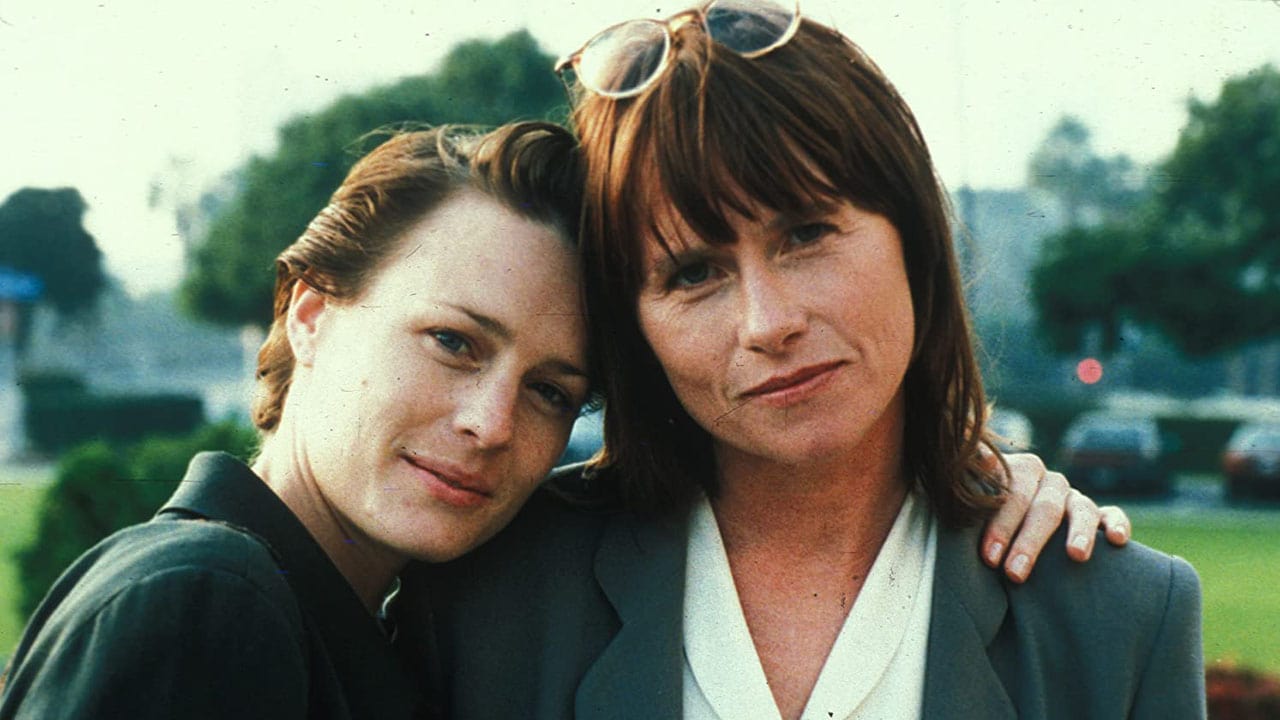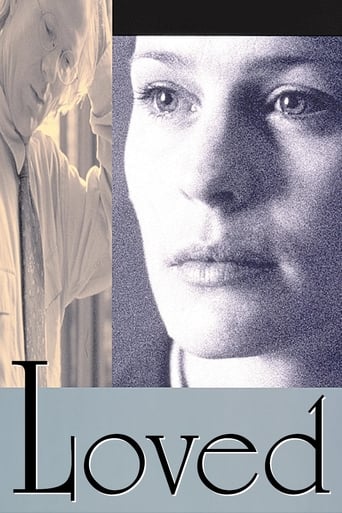

Slow pace in the most part of the movie.
... View MoreMemorable, crazy movie
... View MoreI think this is a new genre that they're all sort of working their way through it and haven't got all the kinks worked out yet but it's a genre that works for me.
... View MoreThe movie is surprisingly subdued in its pacing, its characterizations, and its go-for-broke sensibilities.
... View MoreI was absolutely fascinated by the story and its characters, mainly Hedda, of course. It was quite a challenge, both intellectually and emotionally, to step in this odd version of love and romantic connection and see the way the characters relate to love and their strange definition and understanding of emotional bonding, which takes extreme, violent turns. What I find striking is that there are many who might identify themselves with Hedda's ex-boyfriend in terms of all that longing for flawless complementing and wholeness with the loved one, however, it is the specific expression of this feeling, as well as a certain healthy state of passivity, that makes the difference and separates people on the safe side of the edge from those on the other side, who fall, hurt and get hurt because they no longer possess an objective sense of what is tangible. When Hedda says: "The table was no longer a table", we may as well understand that her skin was no longer skin, a matter of skin tissues, when his ex was battering her, it may as well have been paper or cotton, and that the pain she was feeling in the process was not actually pain, but equaled love and reaching out for it. So, the limits between concepts like love, pain, sharing and intimacy, and their definitions, as well as the usual adjectives/ stereotypes attached to them get just as fuzzy and confused as the characters. The characters are placed on the scene and left on their own to grow throughout the story and to reveal themselves progressively, quite similar to a canvas painting process. The movie has a beautifully slow, bluesy rhythm, with moving flash-backs and a heart-breaking climax when Hedda makes her final confession regarding her personal feeling of privilege in the context of her ex-lover's violence. Robin Wright Penn makes a terrific job of portraying Hedda as a graceful, pretty fragile and floaty presence of a kind, tender nature, a woman who would have been just a regular person if it hadn't been for her past relationship and the emotional and psychological entanglements derived from it. Her ex is not the bad guy of the story, but a tragic soul who simply doesn't know where to stop and can't conceive drawing lines between the separate selves and territories when loving someone deeply.
... View MoreIt's interesting how depending on the maturity of each viewer, there are so positive and so negative comments at the time. This proves one more time how differently we perceive things. I saw this movie, maybe 3-4 years ago. I must admit, I did not experience any feeling of excitement while watching it, nevertheless it did catch my attention. When it ended the only idea that I was left with was that love is like a drug... if you become addicted ... it can ruin you. Robin's character response to "if you were to go back in time what would you do?" , "I would do everything just the same"... was tattooed to my brain. This story needed to be told and it couldn't have been better told. This is my opinion.
... View More'Loved' is not edge of the seat stuff. It is a grown-up film which examines the nature of love and infatuation. The script is beautifully crafted and provides insight into the machinations of it's individual characters. Robin Wright-Penn and William Hurt undergo a professional relationship which seems to promise something more. The question raised is about commitment and whether that commitment necessitates losing something in oneself. The language of the film is as much in the incidental actions and gestures as in the dialogue. William Hurt stands by the pool, fully clothed, he offers his hand to help R W-P out, she beckons him in. If that is too subtle for you, steer well clear. But, if nothing else, do catch the first five minutes for the brilliant Sean Penn cameo.
... View MoreIt has been a while since I have seen this film (saw the premier in Toronto), but I really enjoyed it and was very impressed with the unique take on abusive and destructive relationships that it explored. I strongly reccomend it and if anything might dissappoint the general viewer, it is that it takes time to understand the characters and does not judge them or box them into good or bad.Geo-
... View More